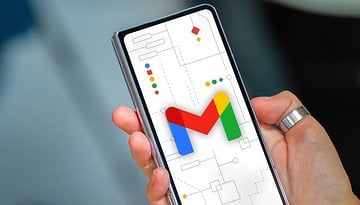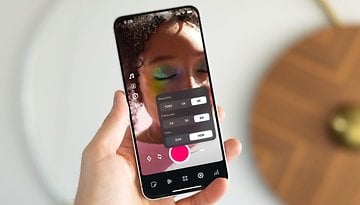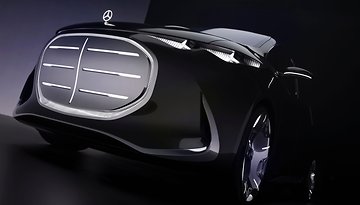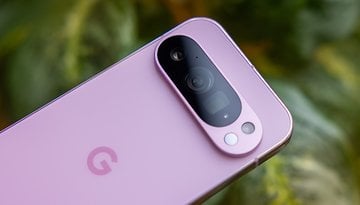Samsung has patented a futuristic rollable smartphone display
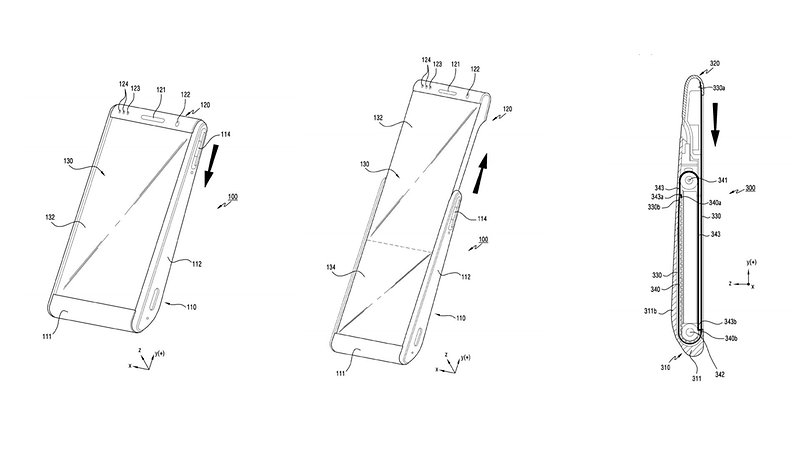

Samsung's attempt at releasing the Galaxy Fold may not be going according to plan, given its durability issues and the indefinite postponement of its release date, but the South Korean firm is still dreaming big when it comes to innovative smartphone design. Samsung's patent for a rollable smartphone display was just uncovered by LetsGoDigital. Check it out below.
The images inside the patent don't show exactly what one might expect when seeing the words 'rollable display'. Rather than rolling up the whole device like a newspaper, the mechanism is reminiscent of the slider phone styles of yesteryear, like the BlackBerry Priv.
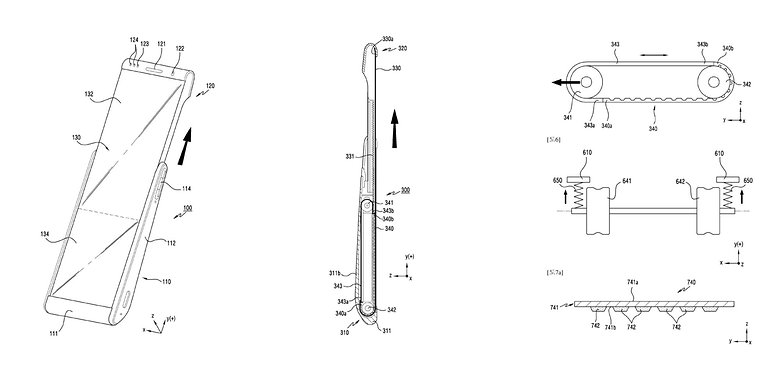
There's a place for the screen to curl up inside of the body of the phone, and the display can be unrolled to be made longer as the two pieces of the device slide away from each other. It's not clear whether the display could be unrolled or expanded manually, or if it would be done automatically.
Surprisingly, it doesn't look so impractical. The top part houses the usual things you'd expect on a phone, such as the front camera and earpiece. Despite how thick it looks compared to the average smartphone, when the display is all rolled up inside, it seems like it would be a very pocket-friendly device.
As noted by The Verge, we probably won't see this kind of rolling display tech in smartphones hitting the market for at least a few years, but LG is nonetheless planning to release a TV with a rollable OLED display this year and Corning, the maker of Gorilla Glass, is reportedly already working on bendable glass for smartphones.
Do you think a design like this is a good compromise for those who want a huge display, but also a compact device? Let us know what you think of Samsung's idea in the comments below!
Source: LetsGoDigital, The Verge








